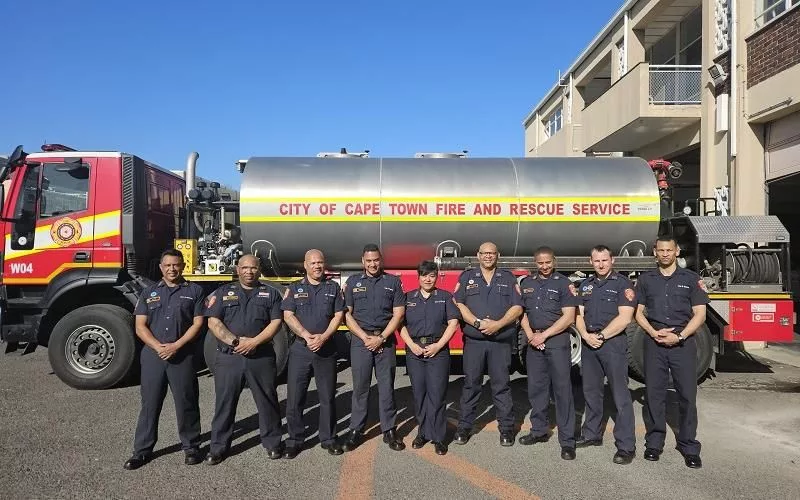A Transformative Beginning
Cities worldwide are contending with climate change and sustainable living challenges, pushing them to become innovation and change hubs. Cape Town is one such city, where municipal energy efficiency projects have saved R84 million and an astounding 72,500 MWh of electricity within 12 years. The metamorphosis started in 2009/10 when an initiative identified public buildings with energy-saving potential. This led to an ambitious retrofitting program, resulting in 100 future-fit buildings as shining examples of efficiency and sustainable living.
Cape Town’s energy efficiency journey started with a crucial first step: conducting internal energy audits and determining baseline consumption for targeted buildings. These structures then underwent various energy efficiency interventions, including installing LED lighting and occupancy sensors. The impact of these changes has been phenomenal.
In slightly over a year, seven retrofitted buildings displayed remarkable energy savings. The Durbanville Municipal Building and Library saved 144,940 kWh, while the Belhar Fire Station and Huguenot Square Library saved 32,151 kWh and 40,922 kWh, respectively. Other buildings, like the Epping Fire Station and Athlone Library, also recorded significant consumption reductions.
Embracing LED Lighting and HVAC Upgrades
LED lighting adoption has been a game-changer for these buildings. LED lamps are up to 90% more energy-efficient than incandescent and fluorescent lamps and have a lifespan 40 times longer than incandescent and eight times longer than fluorescent lamps. These benefits have made LED lighting an essential part of Cape Town’s energy efficiency journey.
However, the retrofit program didn’t stop at lighting. Buildings like the Strand Municipal building and Milnerton Administration and Library underwent heating, ventilation, and air-conditioning (HVAC) retrofits, with energy savings of 38,334 kWh and 59,324 kWh, respectively. These upgrades reinforced the city’s commitment to sustainable energy management.
A crucial aspect of Cape Town’s efficiency program has been implementing SmartFacility, a web-based data application that integrates all information related to municipal facilities and their resource consumption. This system enables facility managers and staff to proactively monitor and manage consumption by establishing baselines, target baselines, and benchmarks. Comparisons can then be made with other facilities, further propelling efficiency improvements throughout the city.
A Model for Urban Energy Efficiency
With 100 future-fit buildings, Cape Town has showcased the immense potential of energy efficiency in urban settings. These efforts have not only resulted in significant cost savings for the city but also contributed to easing the strain on Eskom’s supply crisis, ultimately helping to alleviate load-shedding over time.
The City’s Mayoral Committee Member, Councillor Beverley van Reenen, has praised Cape Town’s retrofit program, stressing the importance of reducing energy usage in the built environment. She further underscored the benefits of building efficiency and sustainability, which include decreased operational and maintenance costs, protection from energy inflation, and a measurable return on investment.
Councillor van Reenen also highlighted the significance of local sourcing to support the local economy, reduce transport costs, and alleviate poverty and unemployment. This holistic approach sets Cape Town’s energy efficiency efforts apart and serves as inspiration for cities around the world.
Cape Town’s 100 future-fit buildings signify a promising stride in combating climate change and fostering a more resilient future. The city’s energy efficiency journey underscores the tangible benefits of adopting sustainable practices and serves as a call to action for commercial and business sectors worldwide.
Cape Town’s accomplishments provide a glimpse into the enormous potential cities have to transform how we live on earth and create a better, more sustainable world for future generations. By executing well-planned energy efficiency programs, urban spaces worldwide can unite to address the challenges of our time and maintain the momentum towards a greener future.








